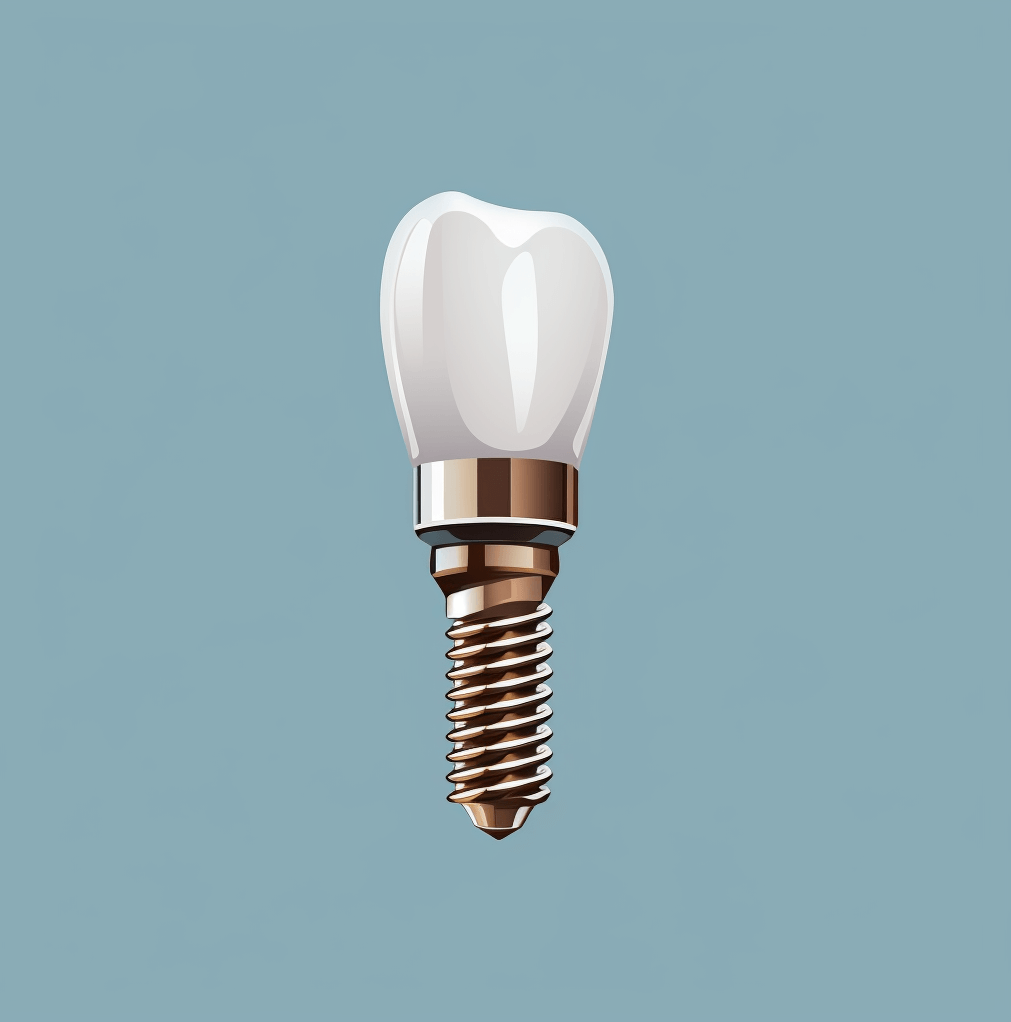
Dental implants are a revolutionary solution for replacing missing teeth, offering a durable and natural-looking alternative. They are surgically implanted into the jawbone, providing support for artificial teeth such as crowns, bridges, or dentures.
What are Dental Implants?
Dental implants consist of three main components: the implant body, the abutment, and the artificial tooth. The implant body is inserted into the jawbone, replacing the root of the missing tooth. The abutment is then attached to the implant body, extending through the gums to support the artificial teeth.
Benefits of Dental Implants
Dental implants offer several advantages over traditional tooth replacement options. They restore the ability to chew and the cosmetic appearance, prevent jawbone shrinkage due to bone loss, preserve the health of surrounding bone and gums, and keep adjacent teeth stable. Most importantly, they significantly improve the quality of life for those who need them.
The Procedure
The process of getting dental implants is usually an outpatient surgery performed in stages, involving:
- Removal of the damaged tooth.
- Jawbone preparation and grafting, if necessary.
- Implant placement.
- Bone growth and healing.
- Abutment placement.
- Artificial tooth placement.
This entire process can take several months, mainly devoted to healing and new bone growth in the jaw.
Risks and Considerations
While dental implants are highly successful, they come with risks like damage to surrounding teeth during implant placement, sinus problems, and nerve damage causing pain or numbness. Smoking and certain health conditions can affect the healing process and the long-term success of the implant. More at Dental Implants: What You Should Know, from the FDA.
Aftercare and Longevity
Proper oral hygiene and regular dental check-ups are crucial for the longevity of dental implants. If well-maintained, they can last for many years, providing a long-term solution for missing teeth.
Implants are a safe and effective way to replace missing teeth, improving both oral function and aesthetics. They require a commitment to oral hygiene and regular dental visits for check-ups and maintenance. As with any medical procedure, it’s important to discuss the potential benefits and risks with your dental provider to determine if dental implants are the right choice for you.
Learn more about our dental services and schedule your consultation today. All of our surgeons at Oral and Facial Surgery are board-certified by the American Board of Oral and Maxillofacial Surgery and, with locations in Hagerstown, Maryland and Chambersburg, you’re sure to find an office nearby. Call us in Maryland at 301-791-1700 or 717-264-7828 in Pennsylvania. We look forward to answering your questions!
The information provided on this website should not be used to diagnose or treat any medical condition and is not meant to take the place of professional medical advice. If you think you have a medical problem, please seek the advice of a physician. Call 911 for all medical emergencies.



